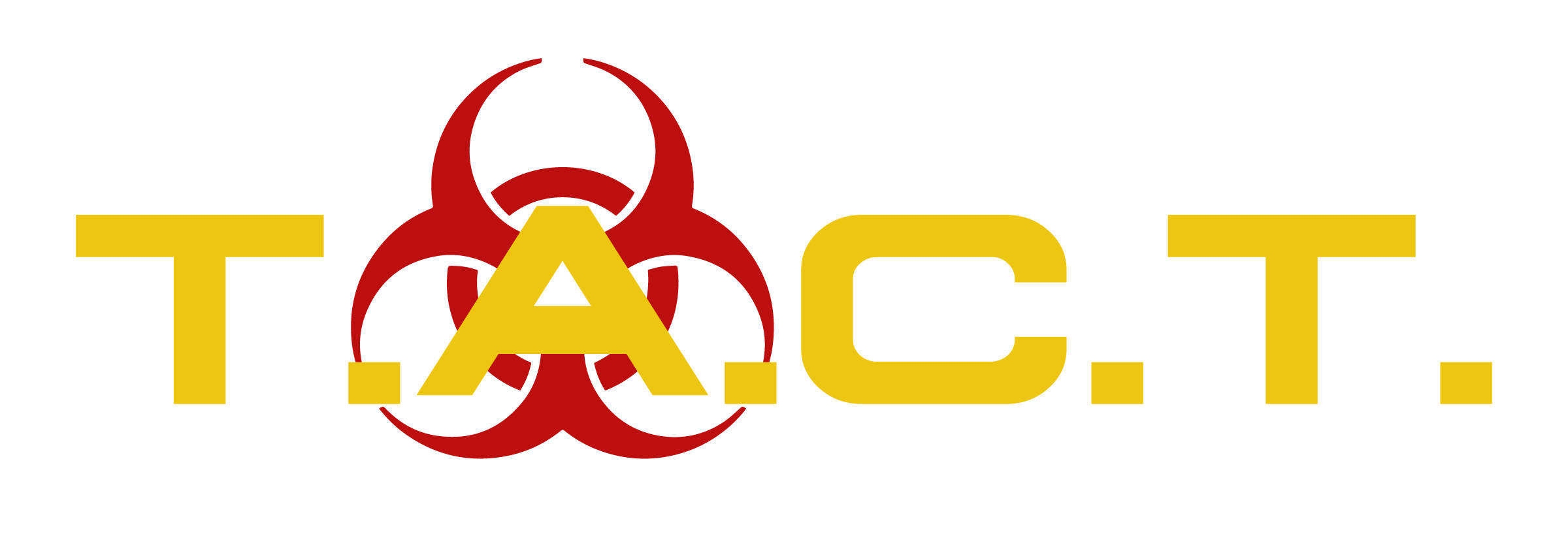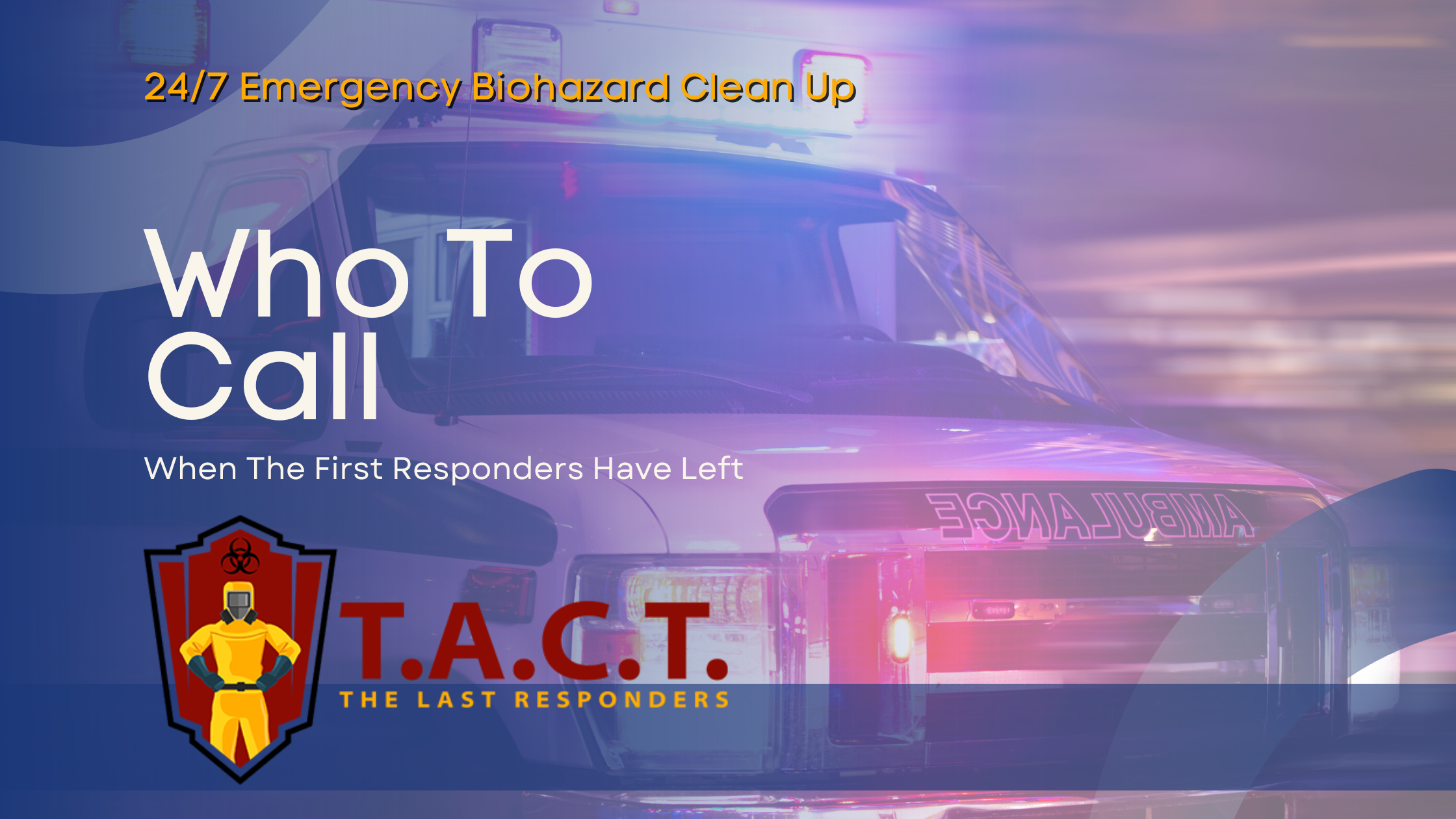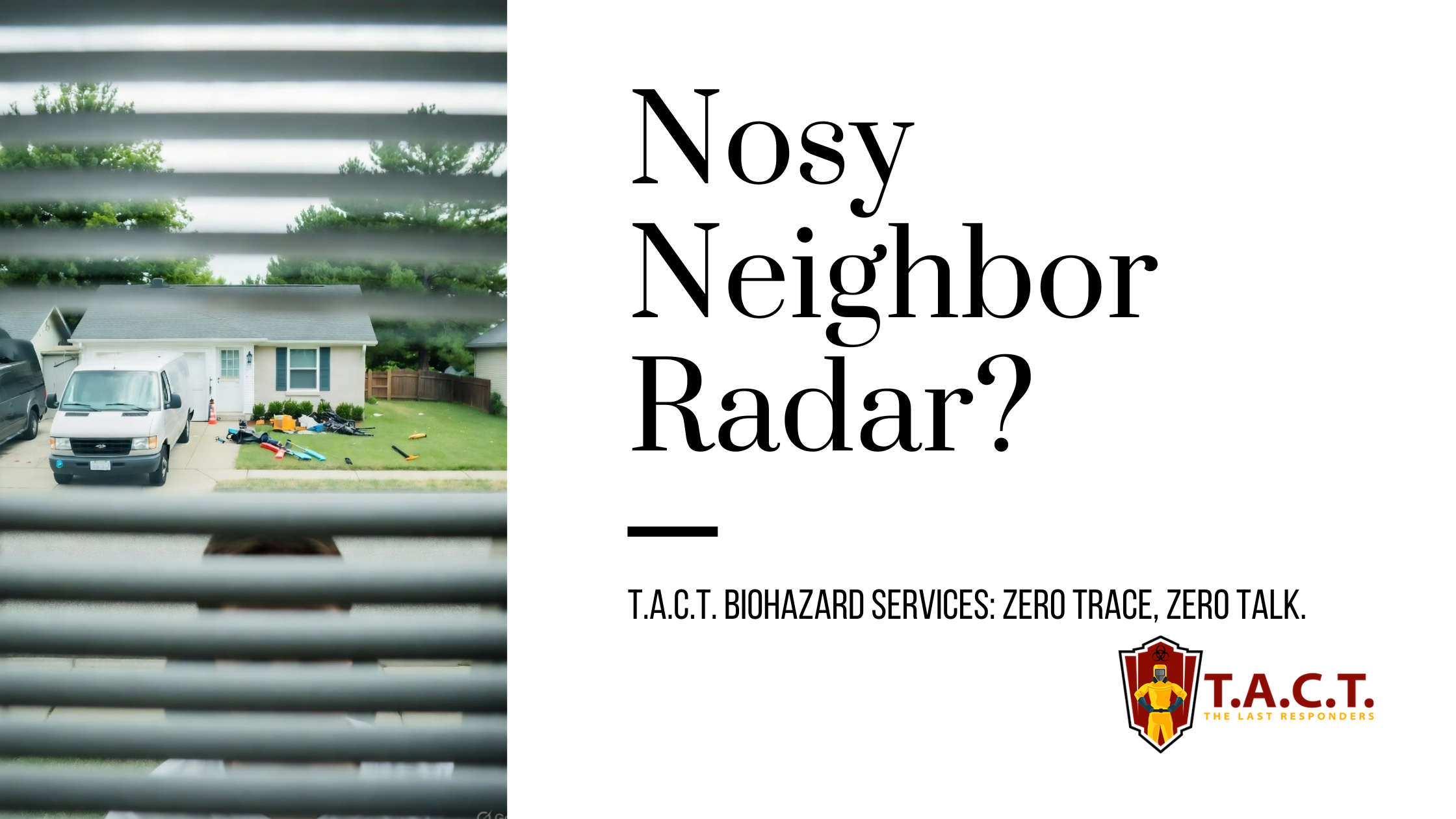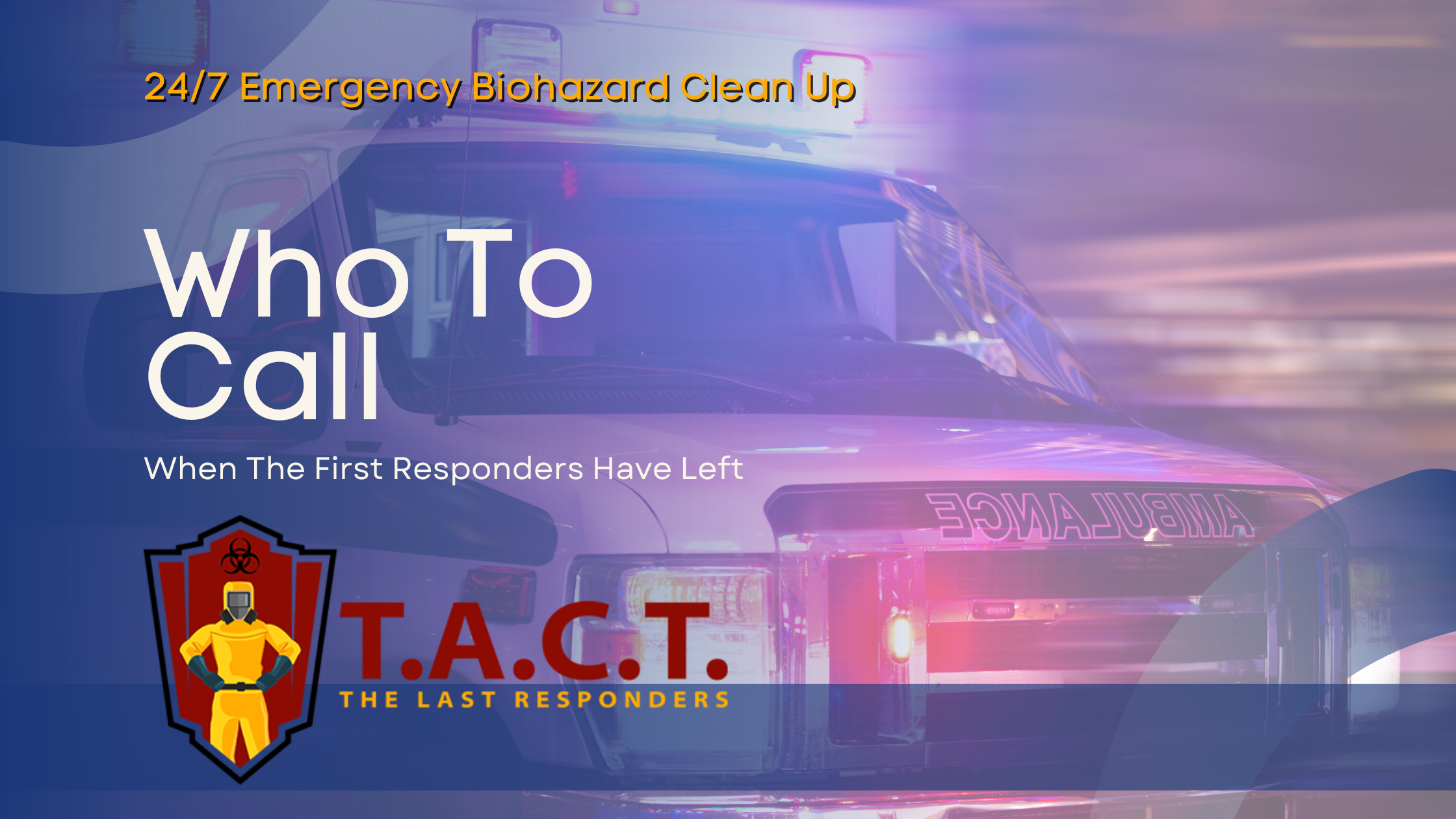Hoarding Help for Seniors

Hoarding Help for Seniors: Resources and Support Available Now
Hoarding disorder is more than just a clutter problem—it’s a serious mental health condition that can significantly impact the well-being and safety of seniors. If you or a loved one is struggling with hoarding, it’s important to know that help is available. This guide will walk you through understanding hoarding disorder, its effects on seniors, and the free resources available to address this challenge. With the right support, seniors can regain control of their living spaces and improve their quality of life.
Understanding Hoarding Disorder
Hoarding disorder is a complex mental health condition characterized by a persistent difficulty in discarding possessions, regardless of their value. This behavior often leads to cluttered living spaces, making daily activities challenging.
Prevalence: Approximately 2-5% of the population experiences hoarding disorder, with higher rates observed among older adults.
Impact on Life: Hoarding can create significant emotional, physical, and social challenges, particularly for seniors who may have limited mobility or support systems.
Understanding the underlying causes of hoarding disorder—such as trauma, anxiety, or emotional attachments—is key to providing effective support.
The Impact of Hoarding on Seniors
Hoarding can have profound effects on seniors, affecting their physical safety, emotional well-being, and social connections. Here’s how:
Safety Hazards:
Increased risk of falls due to cluttered walkways.
Fire hazards from crowded spaces and improper storage of flammable items.
Reduced access to emergency exits in case of an accident or fire.
Daily Struggles:
Difficulty navigating through their homes.
Challenges with maintaining cleanliness and hygiene.
Limited space for essential activities like sleeping or preparing meals.
Emotional Toll:
Feelings of shame and embarrassment, potentially leading to social withdrawal.
Heightened anxiety over letting go of possessions.
Strained relationships with family members and caregivers.
Addressing these challenges is critical to ensuring seniors can live safely and comfortably in their homes.
Hoarding Tendencies in Seniors
Hoarding behaviors can be especially prevalent among older adults due to a variety of factors:
Sentimental Attachments:
Seniors often hold onto items as tangible connections to cherished memories or loved ones.
Social Isolation:
Living alone or feeling disconnected can exacerbate hoarding tendencies as items may provide a sense of comfort.
Cognitive Decline:
Conditions such as dementia can impair decision-making abilities and increase hoarding behaviors.
Physical Limitations:
Limited mobility may make it difficult to organize or discard accumulated items.
Understanding these tendencies helps frame the need for compassionate, targeted support.
The Role of Sentimental Value in Hoarding
For seniors, sentimental value often plays a pivotal role in hoarding. Possessions may represent deeply personal memories or milestones. While these emotional ties are natural, they can make decluttering or seeking help particularly challenging.
This is where professional organizers and mental health experts can make a difference. By addressing the emotional underpinnings of hoarding, these professionals help seniors strike a balance between keeping meaningful items and creating a safe, functional living environment.
Benefits of Seeking Hoarding Help
Seeking help isn’t just about clearing away clutter—it’s about reclaiming one’s life. Here are some of the key benefits for seniors:
Enhanced Well-Being:
Reduced stress and anxiety from decluttering.
A renewed sense of control over their living space.
Improved Safety:
Decreased risk of falls and other hazards.
Healthier living conditions.
Strengthened Relationships:
Restored connections with family and friends.
Improved communication and understanding.
Ongoing Support:
Access to tools and resources for maintaining a clutter-free space.
Reduced chances of relapse with continuous guidance.
Free Hoarding Help Resources
There are several trusted resources available to seniors seeking help for hoarding behaviors. These include government programs, non-profits, professional services, and support groups.
Government and Non-Profit Organizations
Government agencies and non-profits can provide free or low-cost resources for seniors dealing with hoarding issues. Examples include:
National Alliance on Mental Illness (NAMI):
Offers emotional support, counseling, and education about mental health conditions, including hoarding.
International OCD Foundation (IOCDF):
Provides information and tools focused on hoarding disorder, including access to support groups and treatment specialists.
State and Local Agencies:
Many communities have programs specifically designed to address hoarding, including counseling and home-cleaning assistance.
Professional Organizers and Decluttering Services
Working with professional organizers can make the decluttering process more manageable, especially for seniors. These experts offer practical assistance and emotional support to help seniors create a safer, more organized home environment.
National Association of Productivity & Organizing Professionals (NAPO):
Connects clients with skilled organizers trained to handle hoarding cases.
Institute for Challenging Disorganization (ICD):
Offers resources and referrals to certified professionals who specialize in working with hoarders.
Support Groups for Seniors with Hoarding Disorder
Support groups provide a safe space for seniors to share their experiences, gain insights, and feel less isolated. Examples include:
Hoarding Disorder Support Group:
Facilitates group discussions and encouragement among peers dealing with similar challenges.
Clutter-Hoarding Scale (C-HS) Support Group:
Uses a structured approach to help participants assess and address their hoarding behaviors.
Offering emotional support and practical advice, these groups foster a sense of community and accountability.
Finding the Right Hoarding Help for Seniors
When seeking help, it’s vital to consider individual needs and preferences. Here’s how seniors can identify the best resources for their situation:
Accessibility:
Consider local resources for ease of access.
Determine whether transportation or in-home services are necessary.
Expertise:
Seek professionals trained in providing compassionate, effective support to seniors.
Ensure mental health professionals specialize in hoarding disorder.
Ongoing Support:
Look for programs and services that offer continued guidance to prevent relapse.
Steps to Take for Seniors Seeking Help
Starting the process may feel daunting, but breaking it down into manageable steps can make a big difference:
Acknowledge the Problem:
Accepting the need for help is the first, most important step.
Build a Support System:
Reach out to family members, friends, or trusted individuals for encouragement.
Seek Professional Assistance:
Partner with therapists, organizers, or other qualified professionals for tailored guidance.
Set Realistic Goals:
Focus on achievable milestones to stay motivated.
Celebrate Progress:
A clutter-free drawer or clear walkway is a reason to celebrate progress!
Overcoming Obstacles to Hoarding Help
Seniors may face emotional and practical challenges when seeking assistance. Feelings of shame, embarrassment, or fear of losing cherished possessions are common barriers. Overcoming these obstacles requires patience and encouragement from trusted professionals and loved ones.
By leveraging free resources and taking small steps, seniors can overcome their reluctance, gradually creating safer, more comfortable living environments.
A Path to Safety, Memories, and New Beginnings
Hoarding disorder is a challenging condition, but it is treatable with the right combination of compassion, resources, and persistence. For seniors, seeking help offers not just a chance to reclaim their living spaces but also an opportunity to enhance their well-being and strengthen connections with loved ones.
If you or a loved one is living with hoarding disorder, don’t hesitate to explore the free resources and professional services available. Every small step leads toward a brighter, clutter-free future.
Latest news

Bio Cleaning Services
Read More
Nosy neighbors peeking? T.A.C.T. North Atlanta offers discreet biohazard remediation for rodent infestations, mold, hoarding, and more. Unmarked vehicles, quiet experts, full privacy—24/7 service at 470-781-4775.
Read More
